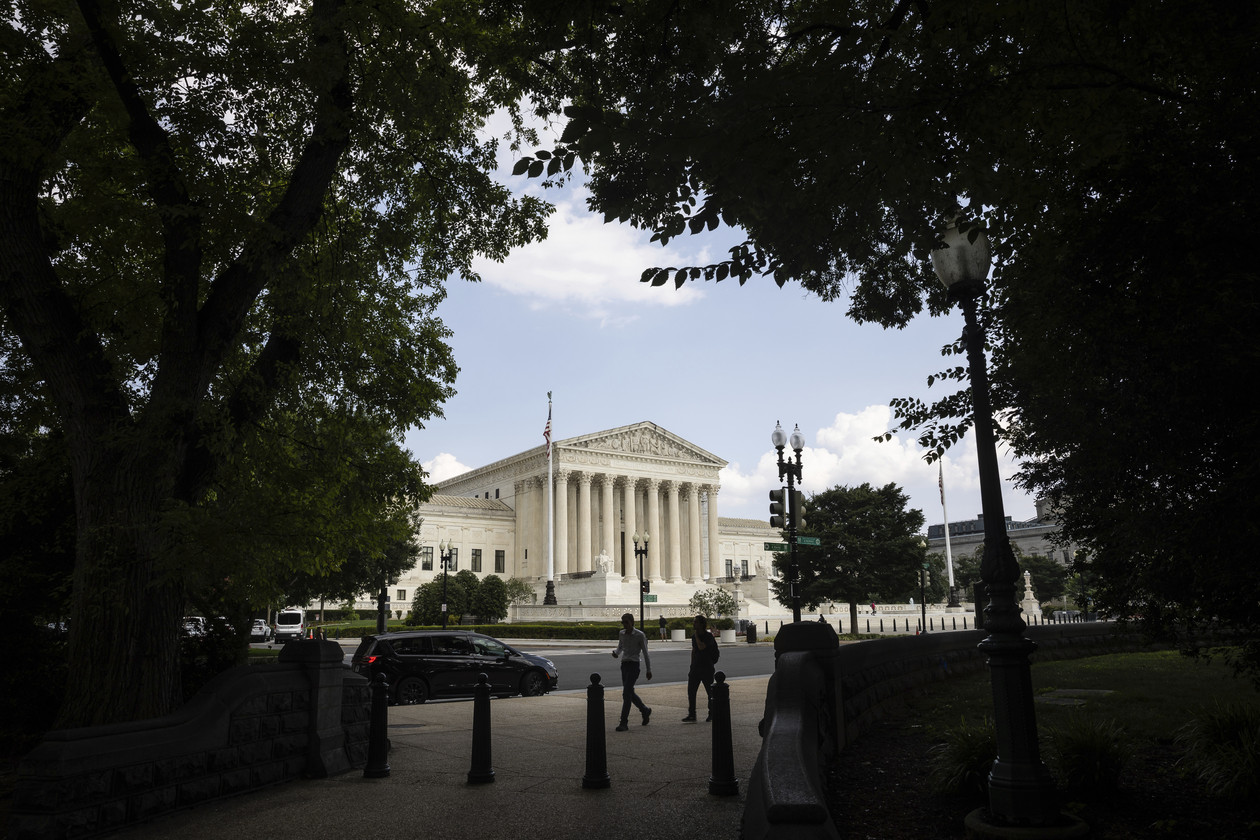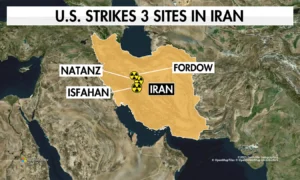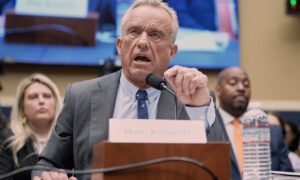C-SPAN asked the Supreme Court to broadcast upcoming oral arguments on the federal government’s challenge to rulings blocking President Donald Trump’s executive order challenging birthright citizenship.
The Supreme Court has a long-standing rule against allowing cameras in the courtroom. But during the 2020 pandemic, the court provided a live audio stream of arguments — a practice the high court continued even once in-person arguments resumed.
“This case holds profound national significance,” read a letter from Sam Feist, the network’s chief executive officer, that was posted by the broadcaster Wednesday. “Its implications — legal, political, and personal — will affect millions of Americans. In light of this, we believe the public interest is best served through live television coverage of the proceedings.”
The Supreme Court will hold a special oral argument May 15 for three cases challenging the Trump administration’s executive order to end birthright citizenship for some children born in the U.S.
The rare move by the high court comes after the Trump administration filed emergency appeals asking the justices to narrow or lift nationwide injunctions brought on separately by three federal judges who said Trump’s order — which was signed on the first day of his second term — brazenly violates the 14th Amendment.
The justices aren’t expected to rule definitively on the order’s constitutionality, though. Instead, they’ll consider whether to limit the scope of judges’ abilities to issue nationwide injunctions. A ruling could dramatically impact how Trump’s policies are applied across the country and limit opponents’ options to seek broad relief.
The letter from Feist, addressed to Chief Justice John Roberts, was dated April 23. Spokespeople for both the Supreme Court and C-SPAN did not immediately respond to a request for comment on whether the nation’s top court replied to the letter.
The letter framed C-SPAN’s request as an opportunity for the court.
“Televising this oral argument would mark a civic milestone at a time when promoting public access and civic understanding of our government institutions would strengthen our democracy and help allow Americans to see, and not only hear, about issues at the forefront of their government,” Feist wrote.









